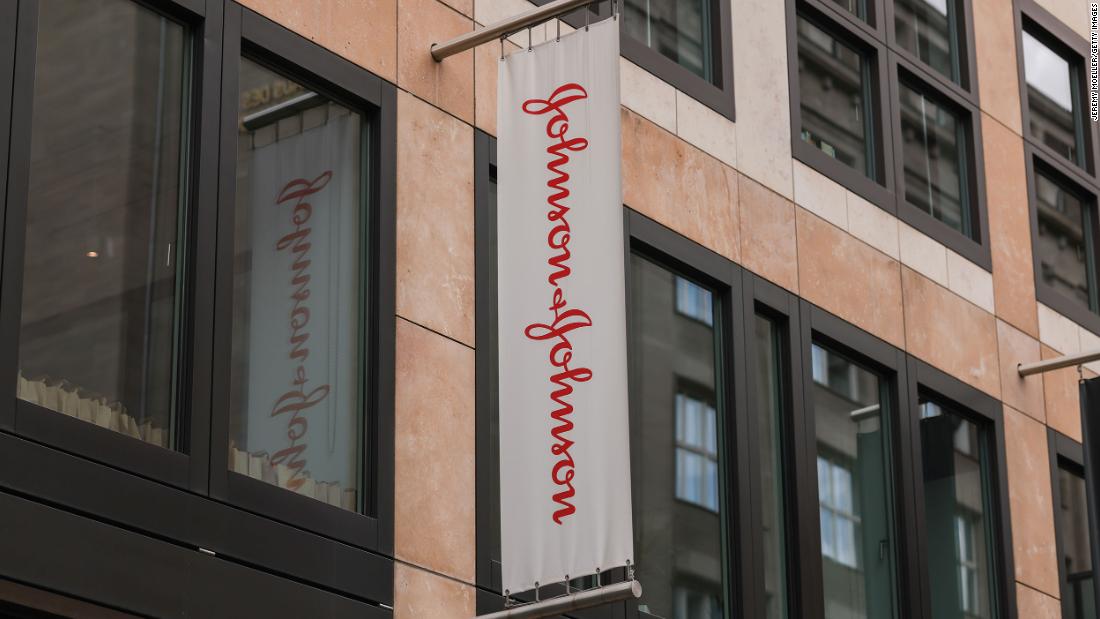These companies raised the minimum wage in the US 0:46
(CNN Business) -
Breaking down is the latest craze for giant global companies.
Johnson & Johnson, Toshiba and GE announced plans to split into multiple entities this week.
The trend may have just started.
Clusters are large and difficult to manage.
Wall Street hates them, because it doesn't know how to properly value them.
CEOs and corporate boards are finally getting the message: speed is the most important thing.
J&J split into two companies, one for its consumer products and one for its drugs and medical devices, is the latest shakeup in the healthcare industry.
Many other large pharmaceutical companies, including Pfizer, Merck, and GlaxoSmithKline, have already spun off major divisions in recent years or have plans to do so.
Investors are willing to pay a higher price for the rapidly growing drug, biotech and medical equipment businesses than generics and branded consumer products.
J&J shares rose nearly 2% in early trading on Friday.
But, as the Toshiba and GE divisions show, corporate divorces are not limited to healthcare.
advertising
Johnson & Johnson gets rid of plasters and pharmaceuticals
"To survive and keep up with market trends, companies must analyze what their most profitable lines of business are and where they should spend most of their time and focus," said Liz Young, director of investment strategy at SoFi. , in an interview with CNN Business.
"The competition is fierce. Sometimes you have to divide it up to rebuild it," Young added.
Wave of big firms breaking
Large companies around the world in a variety of industries are finding religion as they get smaller.
Tech giant Dell recently spun off its VMWare cloud business into a completely separate company.
The retailer L Brands has split into two firms: Bath & Body Works and Victoria's Secret.
IBM has converted its information technology services unit into a new company called Kyndryl.
As a result, Kyndryl now has more flexibility to conduct joint ventures with IBM cloud rivals.
For example, Kyndryl announced a deal with Microsoft on Friday.
"We have a new freedom to go to market. We can continue to serve IBM clients, but we can also expand partnerships with other technology providers," Kyndryl CFO David Wyshner said in an early interview with CNN Business. of this month.
Other companies may find that splitting divisions will give them greater autonomy to forge business relationships that may not have made as much strategic sense as part of a colossal conglomerate.
But spin-offs and asset sales are also one way that companies can reverse decisions investors weren't thrilled with in the first place.
Take, for example, telecommunications giants Verizon and AT&T, the owner of CNN Business' parent company, WarnerMedia.
Both stocks have lagged behind the broader market in recent years, partly due to slow revenue and earnings growth, but also concerns that the two companies strayed too far from their core wireless businesses by making eye-catching media agreements.
Verizon bought AOL and Yahoo and combined them into a unit that it first called Oath and then renamed Verizon Media.
The acquisition never paid off.
Verizon sold the media division to private equity titan Apollo for $ 5 billion in September and retains just a 10% stake in it.
And AT&T plans to spin off WarnerMedia and merge it with broadcast giant Discovery.
The deal, expected to close in mid-2022, will create a new company called Warner Bros. Discovery.
Companies

